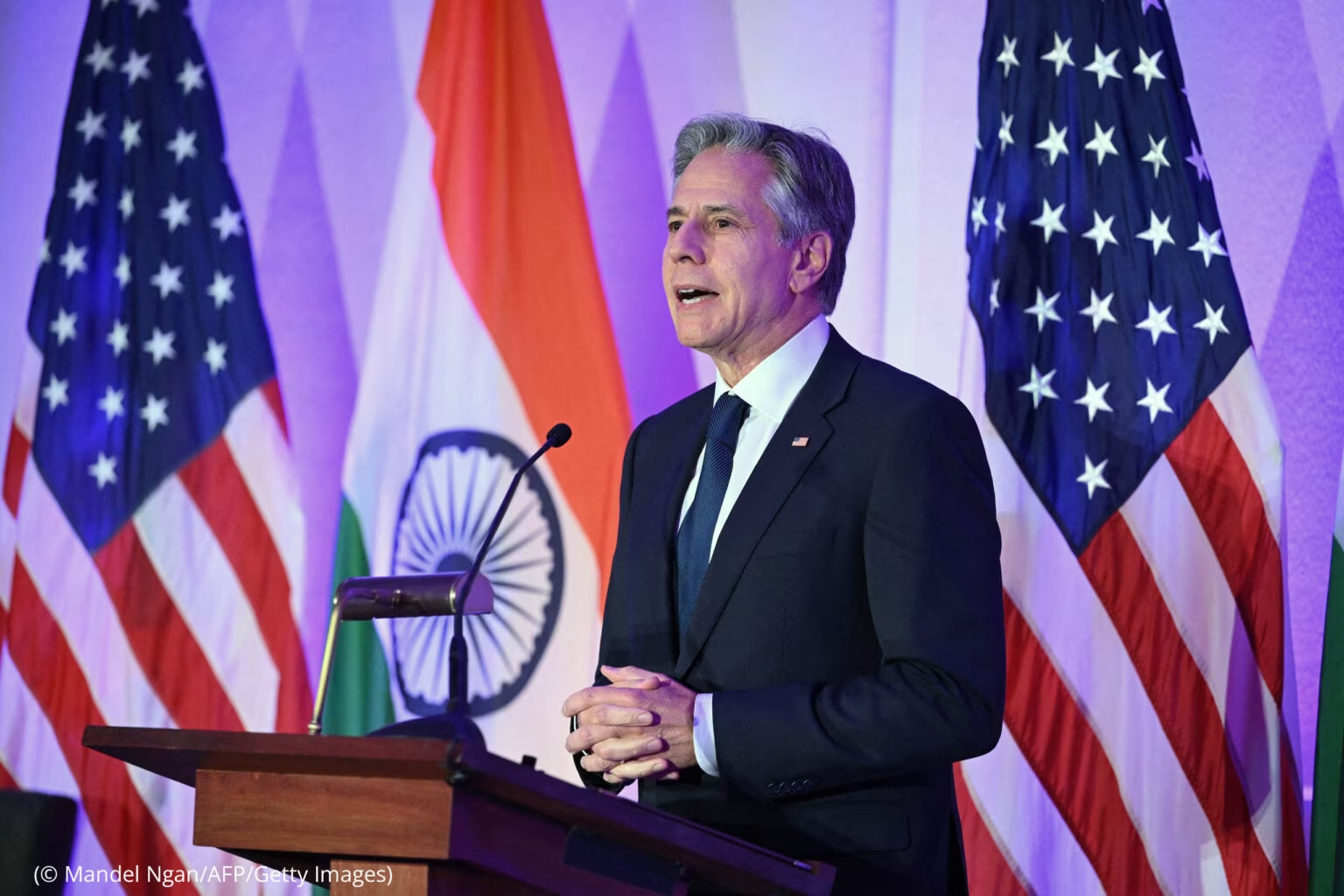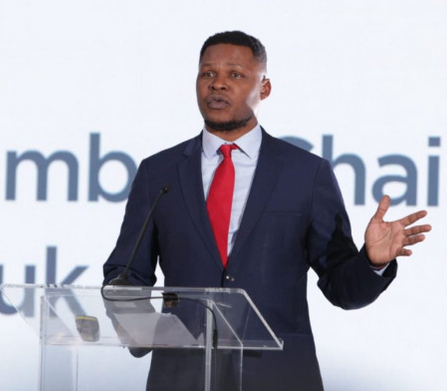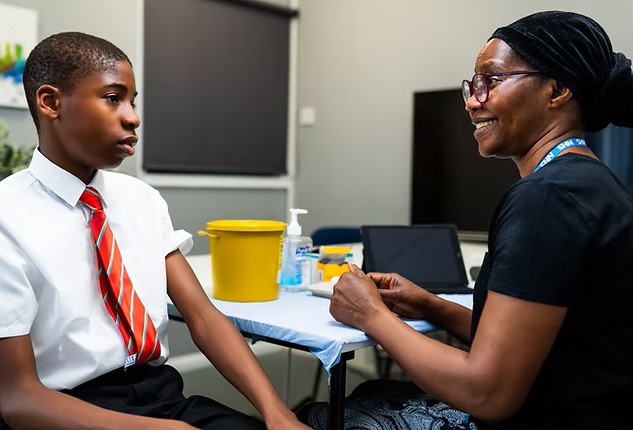The U.S. partnership with India drives security, innovation and prosperity for both countries, Secretary of State Antony Blinken said.
In June 12 remarks at an event organized by the U.S.-India Business Council, Blinken celebrated the two nations’ deep economic and cultural ties. He also echoed President Biden’s description of the U.S.-India partnership as the “defining relationship” of the 21st century.
“Simply put, we see this defining relationship as a unique connection between the world’s oldest and largest democracies,” Blinken said. Each country has “a special obligation now to demonstrate that our governments can deliver for and empower all of our citizens.”
Blinken spoke to the council’s India Ideas Summit in Washington as Biden and first lady Jill Biden prepare to welcome Indian Prime Minister Narendra Modi to the White House for an official state dinner on June 22. Modi’s visit will further solidify the “deep bonds” between the United States and India that include an Indian diaspora in the United States that exceeds 4 million people and mutual assistance during the COVID-19 pandemic, the secretary said.
The United States is India’s largest trading partner, with trade between the two nations reaching a record $191 billion in 2022. U.S. companies have invested at least $54 billion in India, spurring manufacturing and the telecommunications industry, among others.
India’s investment of over $40 billion in the United States, including in the information technology and pharmaceutical sectors, supports 425,000 U.S. jobs, Blinken said. Indian American entrepreneurs have also enjoyed great success, Blinken added, noting that one-third of all immigrant-founded businesses in the United States were started by people of Indian origin.
More than 200,000 Indian students are studying at U.S. universities in fields ranging from childcare to tech entrepreneurship. Their diverse skills spur economic growth and innovation that benefits both countries.
Blinken called the education systems of the United States and India “extraordinarily powerful,” noting they have produced leaders of major companies, such as Google CEO Sundar Pichai and former MasterCard CEO Ajay Banga, now president of the World Bank. “I have tremendous confidence that the rising generation of Indians, the rising generation of Americans will take the relationship between us to new heights,” he added.
Blinken also commended the U.S.-India Business Council’s efforts to expand opportunity and foster innovation. The governments of the United States and India are partnering with the private sector and others to develop standards that will drive technological innovation that respects democratic values and human rights.
Working with their Quad partners, Australia and Japan, the United States and India seek to “build a free, open, secure, prosperous Indo-Pacific,” Blinken said. The four democracies collaborate on maritime security and disaster relief as well as emerging technologies.
“Together, we’re helping to shape the innovations of the future,” he went on. “We believe how technology is designed, how it is used should be informed by democratic values and respect for human rights.”










